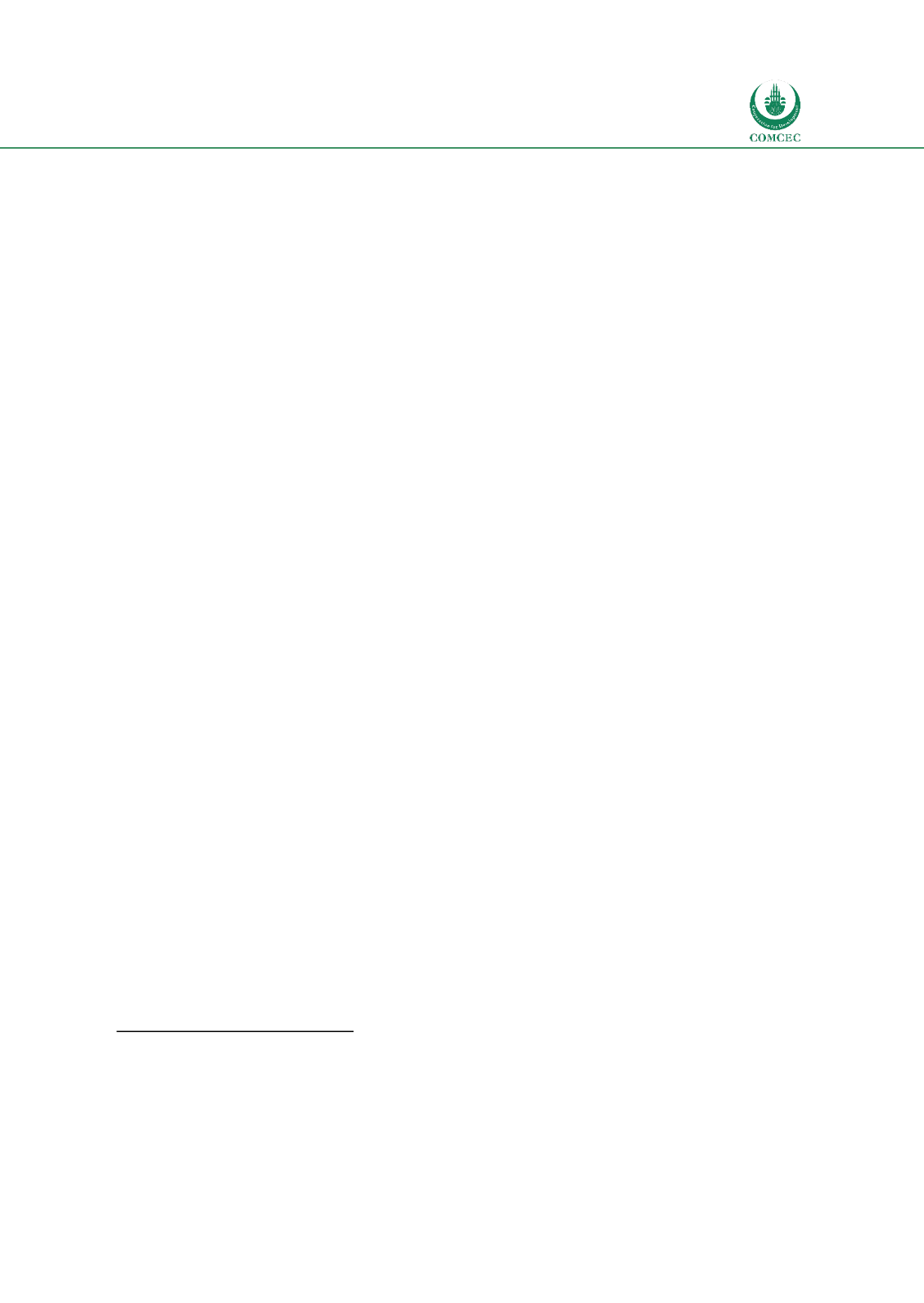

Muslim Friendly Tourism:
Developing and Marketing MFT Products and Services
In the OIC Member Countries
49
2.6
Industry Challenges and Success Factors
Based on secondary sources and insights from interviews, a number of industry challenges
that face providers who seek to address the MFT market needs were identified. While these
challenges could be perceived as barriers to entry to the MFT market, many providers have
managed to overcome these challenges and provide successful strategies to deal with them.
1.
Standardization and Certification
The absence of a universal Halal certificate and Muslim-friendly measurement, coupled with
the wide variations in Halal policies and procedures, is challenging for MFT product and
service providers. The discrepancies and lack of standardization create confusion for
companies seeking to address the MFT market especially when in certain instances there is
more than one certification body within the boundaries of a single country with each having
different requirements for Halal certification. To deal with this challenge, service providers
need to monitor closely the development of the MFT industry and the areas of halal
compliance and certification.
106
This is also an area where governments could play an
important role in terms of cooperating to create unified standards or raising the awareness of
standards and certification procedures. An example of this is the Japanese government’s
efforts in raising awareness among the tourism industry of the importance of the MFT sector
and the requirements for certification for the various providers.
107
2.
Lack of Well-Developed MFT Products and Services in many OIC Countries
There is a large discrepancy between OIC countries in terms of the level of development of
MFT products and services. While countries such as Malaysia, Turkey and the United Arab
Emirates provide an advanced level of MFT services, many OIC countries lack these services
and are especially behind in promoting the MFT services they do have.
3.
Catering to Muslim and Non-Muslim Tourists
It can be difficult for destinations and tourism products and services providers to cater to
Muslim and non-Muslim tourists; some have argued that Halal tourism practices could be
perceived as inhibiting to tourism destination development.
108
The practice of not offering alcohol is a big issue for international hotel management
companies who feel that alcohol availability is expected by their guests. Beyond the fact that
serving alcohol entails a loss of lucrative alcohol revenues, it is also seen as having an indirect
negative influence on the number of diners at the hotel restaurant and also the number of
hotel guests.
109
While a
dry hotel
may not be seen as profitable to some hotel chains, a number
106
Izberk-Bilgin, Elif, and Cheryl C. Nakata. "A New Look at Faith-Based Marketing: The Global Halal Market."
Business
Horizons
(2016).
107
For further information, please refer to Japan’s Case Study.
108
Battour, M., and Ismail, M.N. “Halal Tourism: Concepts, Practices, Challenges and Future
.” Tourism Management
Perspectives
(2015)
109
Razalli, Mohd Rizal and Abdullah, Suzzaini and Hassan, Mohamad Ghozali. “Developing a Model for Islamic Hotels:
Evaluating Opportunities and Challenges.” In: International Conference on Knowledge, Culture and Society 2012 (ICKCS
2012), 29-30.
















